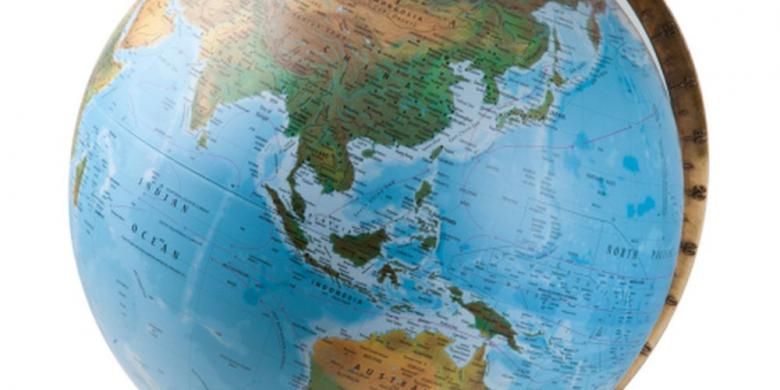"Geopolitics of Indonesia: Building Global Leadership from the Archipelago (Part III - Conclusion)"

Despite Indonesia’s enormous potential, the country is also confronted with several challenges that require wise and proactive responses. One of the main challenges is the global geopolitical uncertainty, which can affect economic and political stability.
Rapid changes in the dynamics of international relations can pose unforeseen risks. Indonesia, as a country closely connected to the global market, must design responsive policies to address uncertainty and minimize its negative impacts.
Trade tensions also emerge as a crucial factor that needs to be addressed by Indonesia, emphasizing the spirit of mutual cooperation and the principles of Pancasila. International trade conflicts can harm the country’s economy, especially because Indonesia heavily relies on exports. Dealing with complex trade negotiations and changes in global trade agreements presents challenges that need to be wisely confronted.
In facing these challenges, Indonesia can take on the role of a mediator or an actor that promotes dialogue to achieve fair and mutually beneficial agreements.
Being More Proactive
Being more proactive in regional and international diplomacy can strengthen Indonesia’s position amid global geopolitical uncertainty.
Despite these challenges, there are opportunities for Indonesia to play a more active role in finding joint solutions and building strong partnerships. Indonesia can enhance regional and international diplomacy, establish closer ties with strategic partners, and develop sustainable security strategies.
Amid trade tensions, Indonesia should capitalize on opportunities to enhance economic diversification, explore the potential of regional markets, and strengthen its position in the global supply chain.
With awareness of these challenges and opportunities, Indonesia has the potential to build a stronger and more sustainable future. Challenges related to inclusive economic growth and balanced development also provide opportunities for Indonesia to formulate policies that strengthen social and economic resilience.
Steps toward poverty alleviation, improved education, and community empowerment can create a solid foundation for sustainable development. By prioritizing social justice and equitable resource distribution, Indonesia can build a more stable and competitive society. This, in turn, will have a positive impact on global geopolitics and contribute positively to the world.
(Prof. DR. Drs. Ermaya Suradinata, SH, MH, MSI, is the former Director General of Sospol of the Ministry of Home Affairs RI, Rector of IPDN, Governor of Lemhannas RI, and currently the Board of Experts for Geopolitics and Geostrategy of BPIP RI.)
